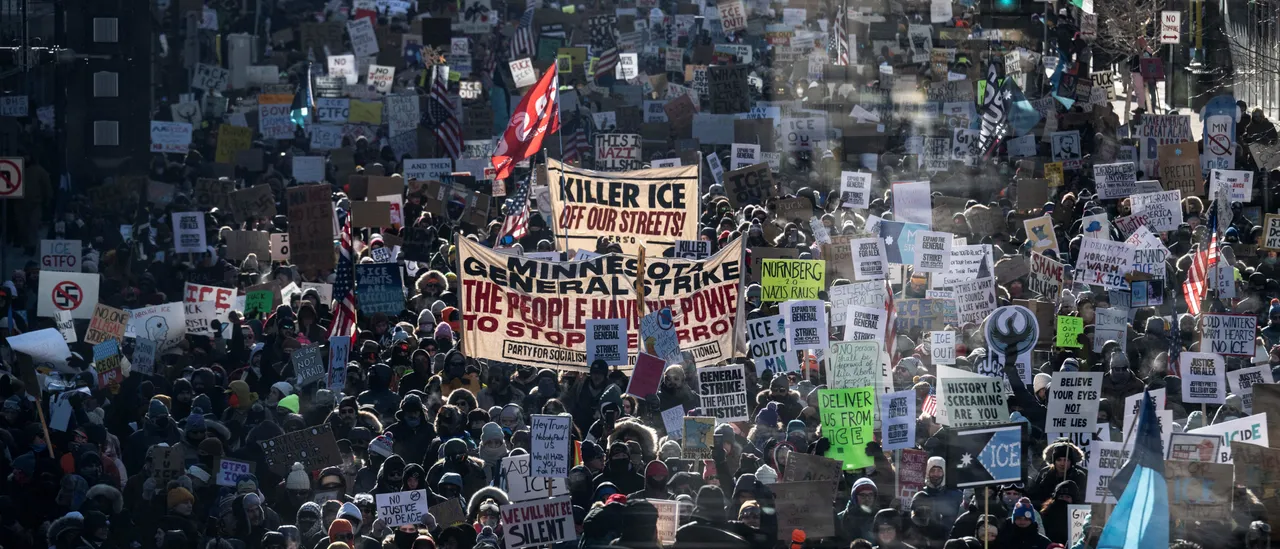
The environmental policies implemented by President Donald Trump are significantly altering the daily lives of Americans. Since the beginning of his second term, the administration has pursued a series of measures that dismantle existing environmental protections, alter energy policies, and reduce funding for critical programs. These changes have far-reaching implications, affecting everything from energy bills to food safety as they reshape the systems that underpin everyday life.
Energy and Utility Costs
As the Trump administration pushes for increased fossil fuel production, the cost of electricity for American households is expected to rise. The One Big Beautiful Bill Act, signed into law on July 4, 2025, prioritizes investments in fossil fuels while eliminating incentives established during the Biden administration for renewable energy sources. According to an analysis by the nonpartisan think tank Energy Innovation, this legislation could lead to a **74 percent increase** in wholesale electricity prices by 2035, with consumer rates projected to rise between **9 percent and 18 percent**, translating to an average increase of **$170** annually.
The administration’s rollback of regulations on energy efficiency also threatens to escalate utility costs. Plans to dismantle the Energy Star program, which helps consumers choose energy-efficient appliances, could result in an additional **$43 billion in costs** over 30 years due to increased electricity consumption.
Public Health and Safety
Public health is also at risk due to the deregulation of chemicals in drinking water. The Environmental Protection Agency (EPA) had previously set maximum levels for certain harmful substances known as PFAS, or “forever chemicals,” in drinking water. However, the Trump administration has moved to rescind these regulations, delaying the implementation of new rules until **2031**. Exposure to PFAS has been linked to serious health issues, including reduced fertility and developmental problems in children.
Funding cuts to the National Oceanic and Atmospheric Administration (NOAA) have further compromised public safety. The agency, responsible for critical weather tracking and climate research, has seen significant staff reductions, with plans to cut the workforce by **17 percent** in the coming year. These cuts threaten the quality of weather forecasts and the ability to track severe weather events like hurricanes, as noted by meteorologist John Morales, who warned that meteorologists may be “flying blind” due to these changes.
Food Security and Agriculture
In the agricultural sector, funding cuts have hampered local food systems and safety nets. The United States Department of Agriculture (USDA) has canceled programs that were set to distribute nearly **$1 billion** aimed at reducing food insecurity. This has serious implications for programs like the Supplemental Nutrition Assistance Program (SNAP), which provides assistance to approximately **42 million Americans**. Cuts to these programs coincide with rising food prices, exacerbating economic challenges for many families.
Moreover, the imposition of tariffs on imports is driving up grocery bills. Tariffs as high as **30 percent** on Mexican imports and **50 percent** on steel and aluminum are expected to inflate prices on a range of consumer goods, from clothing to food products.
Environmental Protections and Community Resilience
Environmental deregulation under the Trump administration is also expected to impact air quality and community resilience to natural disasters. The administration has rescinded significant funding for air quality initiatives and has reduced the number of enforcement actions against polluters. This rollback of protections raises concerns about deteriorating air quality, particularly in vulnerable communities.
Additionally, the cancellation of the Building Resilient Infrastructure and Communities (BRIC) program has left many communities without the resources needed to prepare for natural disasters. The abrupt halt to nearly **$750 million** in resilience funding undermines efforts to bolster infrastructure against the increasing severity of climate-related events.
The future of public spaces is also precarious, as the Trump administration has proposed selling off public lands and reducing protections for national parks and forests. With the termination of thousands of National Park Service jobs, conservation efforts are jeopardized, threatening the integrity of these natural environments.
As these policies unfold, the consequences for everyday life in America will likely become increasingly pronounced. Residents may find themselves facing higher costs, diminished safety, and compromised access to essential services, prompting a reevaluation of how environmental policies shape the nation’s future.






